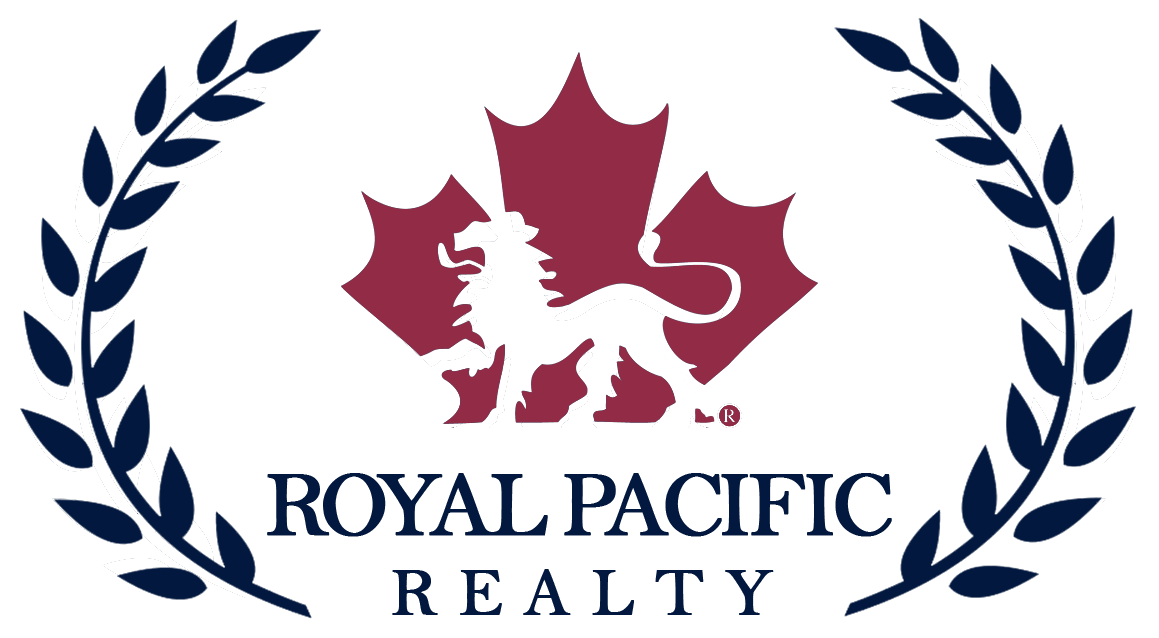Average Cost of Houses in Canadian Cities
- Aug 19, 2023
Introduction
Introduction The Canadian housing market has seen rapid price appreciation in recent years, especially in major metropolitan areas like Toronto and Vancouver. High demand, low-interest rates, and limited supply have put homeownership out of reach for many Canadians. This article will examine the average cost of houses in major Canadian cities and discuss factors impacting real estate prices across the country.
Housing Prices in Major Metropolitan Areas
Toronto As Canada's largest city and financial capital, Toronto has some of the most expensive real estate in the country. In July 2022, the average price for all housing types in Toronto was $1,079,500, up 1.9% from the previous year. Detached homes saw the biggest price gains, averaging $1,674,754 in July 2022, an 11.9% increase over July 2021. With high demand from immigrants and professionals moving to the city, limited inventory, and bidding wars, housing in Toronto will likely remain out of reach for many buyers.
Vancouver Vancouver has long been Canada’s most expensive housing market, fueled by foreign buyers, geography bounded by mountains and sea, and a strong tech industry. The benchmark price for all residential properties in Metro Vancouver was $1,171,500 in July 2022, up 2.2% from July 2021. Vancouver saw record home price gains during the pandemic as buyers took advantage of low-interest rates and sought more space. However, prices are forecasted to decline in 2022 and 2023 as interest rates and supply increase.
Calgary Once booming due to oil sector jobs, Calgary saw average home prices decline from 2014-2019 during the oil price crash before rebounding sharply during the pandemic. In July 2022, the average residential sale price in the Calgary area was $546,700, up 1% from the previous year. Calgary remains one of Canada’s more affordable major cities, with ample land allowing for new construction. Strong economic recovery and in-migration should support price growth.
Montreal Long known for relatively affordable real estate, Montreal saw prices accelerate during the pandemic, prompting concerns about insufficient supply. In July 2022, the average residential sale price on Montreal Island was $557,000, up 10% from July 2021. Low-rise condos and plexes remain relatively affordable options at around $500,000. As remote work trends bring buyers from Toronto and Vancouver, prices should continue rising, especially for single-family homes.
Ottawa As the nation’s capital and fourth largest metropolitan area, Ottawa has a strong technology sector and stable government-related employment that supports housing demand. In July 2022, the average sale price for residential properties in Ottawa was $741,200, up 7% from July 2021. Condo prices averaged $411,400, while the average detached home sold for $879,300. Steady price appreciation is expected to continue in Ottawa beyond 2022.
Read more: How to Find a Good Real Estate Agent in Vancouver
Housing Prices in Other Major Cities
Winnipeg Known for affordable prairie living, Winnipeg saw average home prices jump 10.5% in July 2022 from the previous year, reaching $372,200. The average detached home sold for $472,000, while condos averaged $240,000. Increased migration from Ontario and steady economic growth makes Winnipeg one of Canada’s up-and-coming real estate markets.
Quebec City Quebec’s capital has the most affordable housing among major cities, with average residential sale prices of $359,700 in July 2022, up 12.6% from July 2021. Low housing costs continue to attract buyers from Montreal and Ontario. Condos in prime locations average $250,000, while detached suburban homes average around $400,000.
Halifax Fueled by immigration and remote workers, Halifax is becoming one of Canada’s hottest real estate markets. In July 2022, average sale prices reached $446,000, up 6% from July 2021. Detached suburban homes averaged $565,200, while condos averaged $307,700. With new construction lagging in demand, prices are forecast to keep rising.
Factors Impacting Housing Prices
Interest Rates After the Bank of Canada slashed interest rates to near zero during the pandemic, the resulting cheap mortgages fueled bidding wars and housing price surges. With inflation rising, the central bank embarked on an aggressive tightening cycle in 2022, raising rates to 2.5% by July. As mortgage rates rise, home buying power will be reduced, likely slowing price growth.
Supply and Demand Many Canadian cities face a structural housing shortage, with demand from immigration, interprovincial migration, and international buyers outpacing new construction. This lack of supply relative to demand puts upward pressure on home prices, especially for detached homes. Boosting density and speeding approvals for new construction can help rebalance supply.
Investors and Speculation With home price surges in recent years, real estate in Canada has become increasingly seen as an investment asset. Flippers and those buying homes solely as investments reduce supply for traditional buyers. Measures like the Ontario foreign buyer tax help deter speculative demand.
Economic Conditions Robust job growth and rising wages, especially in technology and finance sectors concentrated in Toronto and Vancouver, allow buyers to qualify for larger mortgages and bid up prices. A potential recession and job losses would dampen housing demand and likely lead to slower price growth.
Migration Trends The pandemic accelerated domestic migration patterns, with people moving from Toronto and Vancouver to smaller cities with more affordable housing and space. This spread out housing demand and led to sharper price gains in cities like Halifax and Winnipeg as supply struggled to keep up.
The Impact of Rising Interest Rates
As the Bank of Canada continues raising interest rates to combat high inflation, mortgage rates are projected to rise to around 5% by the end of 2022, up from 2.5% at the start of the year. This rapid rise in borrowing costs will reduce buyers' purchasing power, likely leading to slowing home price appreciation after the blistering gains seen during the pandemic. Variable-rate mortgages will see payments increase immediately, while those with fixed rates will get a reprieve until renewal. Overall, higher interest rates cool housing demand and prevent prices from detaching completely from local wage growth.
The Outlook for 2023 and Beyond
Canada's housing market will likely see a moderation in price growth rather than a crash. The supply deficit in major cities will prevent a sharp price pullback barring a severe economic downturn. Smaller cities that saw rapid gains, like Halifax and Winnipeg, are most vulnerable to price declines if migration trends shift. Nationwide, expect home price appreciation to fall back to historic norms of around 5% in 2023 and 2024 after the abnormal pandemic gains. While higher interest rates reduce affordability, strong employment and immigration will continue supporting housing demand.
FAQ
Which city has the most affordable detached homes?
On average, Winnipeg has the most affordable detached, single-family homes among major Canadian cities. In July 2022, the average detached home in Winnipeg sold for $472,000, compared to $1.67 million in Toronto and $1.76 million in Vancouver. Winnipeg offers relative value for buyers looking for space.
Are Canadian home prices likely to decline in 2023?
Home prices across Canada are forecast to see slower year-over-year growth in 2023 rather than an outright decline. Higher interest rates will reduce demand and price pressure, but limited supply and steady immigration will prevent a crash. Vancouver and Toronto may see small price decreases of around 5%.
When will the Canadian housing market return to normal appreciation rates?
After rising at an unsustainably rapid pace during the pandemic, home prices are expected to return to a more normal appreciation of 3-5% annually in 2023 and 2024. Economic uncertainty may keep price growth muted in the near term. But over the long run, Canada's strong immigration and tight supply will support steady, if unspectacular, home price growth.
What is the most expensive city for real estate in Canada?
Vancouver has the most expensive real estate in Canada. In July 2022, the benchmark price for all residential properties in Metro Vancouver averaged $1,171,500, over $90,000 higher than second-place Toronto. Limited land supply between the mountains and the Pacific Ocean increases prices.
Which city has seen the biggest home price gains in 2022?
Ottawa is Canada's hottest real estate market so far in 2022 based on year-over-year price gains. Between July 2021 and July 2022, the average Ottawa home price surged 15.6% to $741,200. Strong tech sector employment and record low housing supply are driving prices higher.
Which major city has the most affordable housing prices?
Montreal and Quebec City have the most affordable average home prices among Canada's major metropolitan areas. In July 2022, the average Montreal home sold for $557,000, while the average sale price in Quebec City was $359,700. Both cities offer relative bargains for home buyers priced out of Toronto or Vancouver.


 فارسی
فارسی
 English
English





